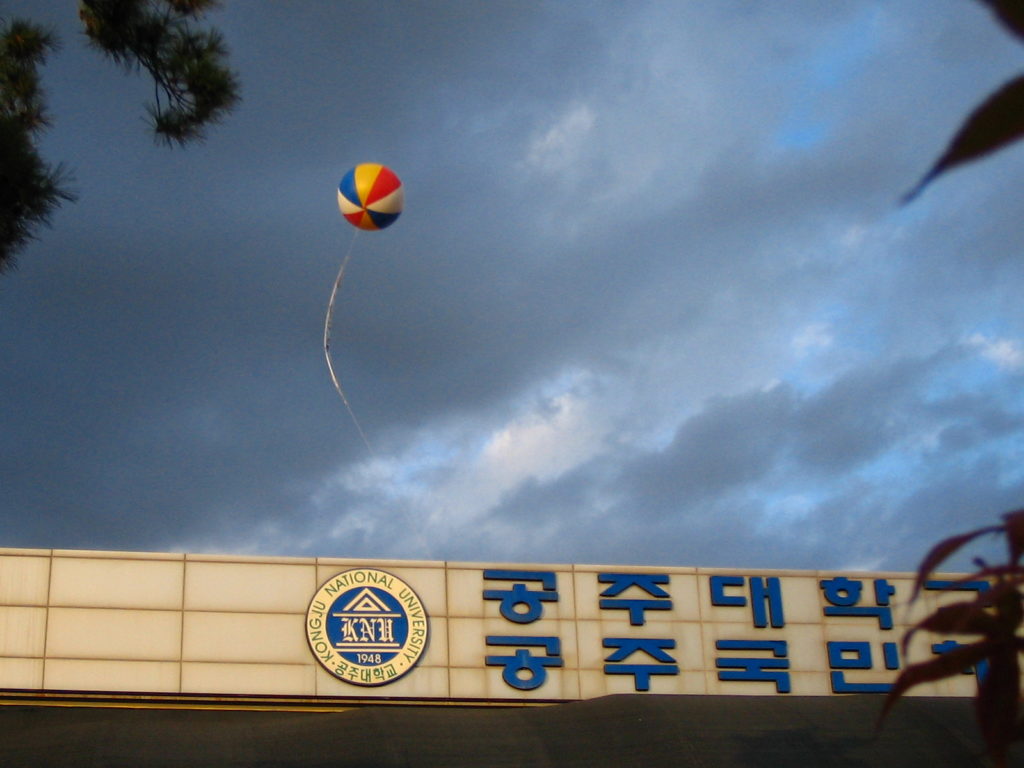The Peninsula
Disorientation in Addressing Divide Between Seoul and Rest

What Happened:
- The Ministry of Education announced plans to restructure universities that are unable to fill their quota of students.
- Universities outside of Seoul are most affected by declining student enrollment and are expected to be disproportionately affected by this plan.
- Lower birth rates and the migration of people to Seoul contribute to the lower enrollment in these schools.
Implication: Public policy trends reveal that the Korean government is not singularly focused on redistributing economic power away from Seoul. The recent policy on restructuring universities is expected to negatively impact rural regions that were most heavily affected by internal migration to the capital, directly contradicting the government’s long-term goal of growing economic opportunities around the country. Meanwhile, various institutions have been relocated to regions experiencing depopulation to bolster local growth and calm the property bubble in Seoul, which is partially driven by the concentration of educational and employment opportunities.
Context: Following a project long pursued by various administrations over the years, the ruling Democratic Party proposed the relocation of more government offices to the administrative capital of Sejong City. One of the explicit goals of this plan is to alleviate overpopulation in Seoul and achieve a more balanced regional development. The ruling party hoped that elevating the political standing of Sejong would reduce the demand for housing and other services in Seoul. Despite these efforts, anticipated school closures in Sejong and other areas outside Seoul will likely encourage more young people to move to the capital, creating more economic imbalance in the near future.
This briefing comes from Korea View, a weekly newsletter published by the Korea Economic Institute. Korea View aims to cover developments that reveal trends on the Korean Peninsula but receive little attention in the United States. If you would like to sign up, please find the online form here.
Korea View was edited by Yong Kwon with the help of Kayla Harris, David Lee, Sarah Marshall, and Mai Anna Pressley. Picture from Flickr account thuadu3
